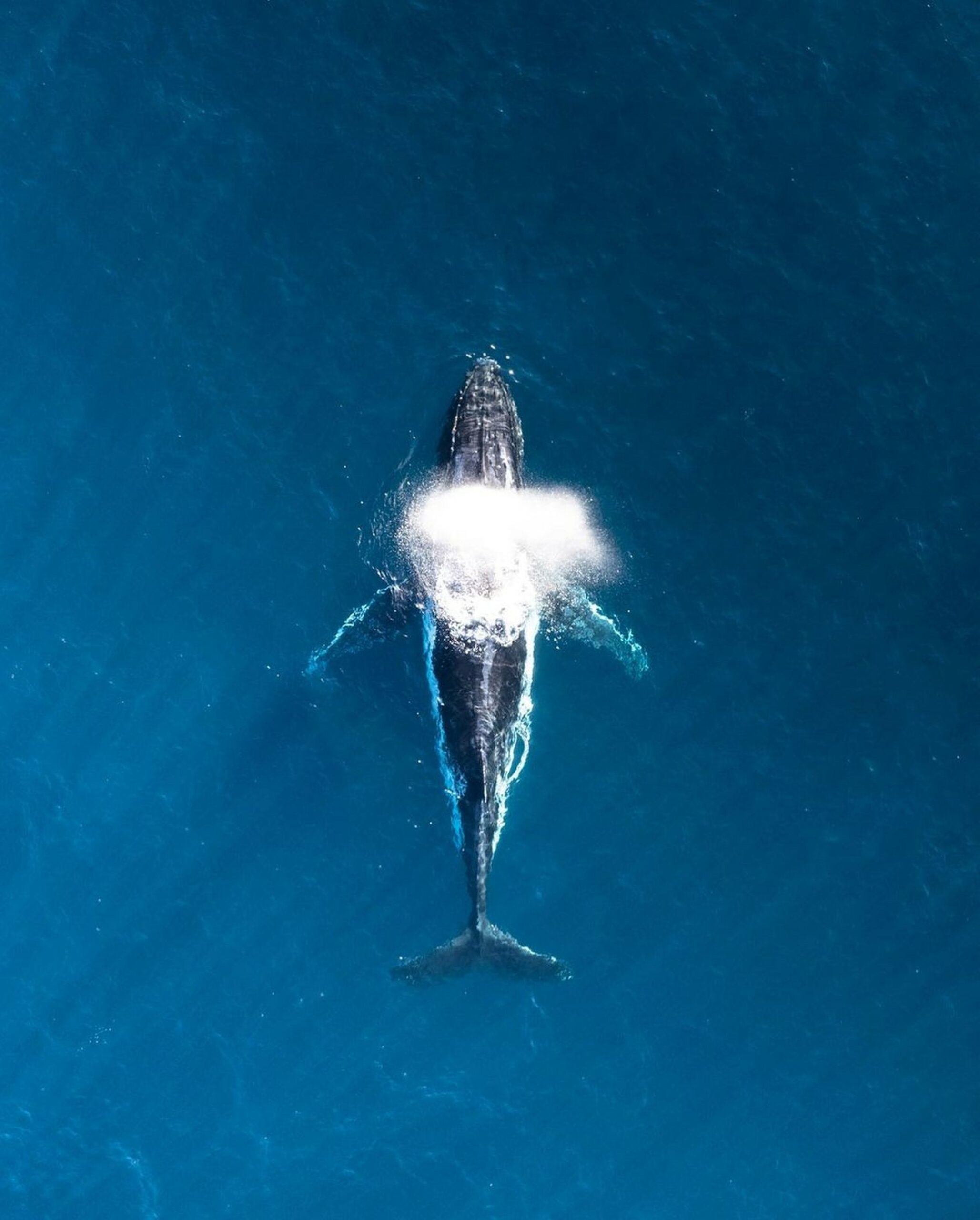Introduction
In everyday life, we understand that the people around us all have different personalities. Our family and friends are certainly a good example of this – perhaps you have a family member who is really stuck in their ways without a good sense of humor who you could never have meet your very outgoing, acquired taste kind of friend because their personalities would clash so much. In these instances, personality types are easy to identify and understand.
But when it comes to the personality types of prospects in our work as SDRs, often it is a bit harder to sort out. So here we are going to break down personality types with some help from Alleyoop Chief Executive Officer, Gabriel Lullo.

The Importance of Understanding Personality Types
The more quickly you can identify the personality type of your prospect, the more you can tailor your call to appeal to what they are interested in. Think of being at a dinner party and knowing the person you’re sitting next to is an athlete but not knowing what sport they participate in. Rather than spending the whole dinner hinting at possible sports they might be involved in, your first question would probably be, “I heard you’re an athlete, what sport?” After that, you can spend more time in that conversation speaking about things that really matter to them.
That is exactly what we want to do with our prospects. But how can we tell which personality type we’re talking with? CEO Gabriel Lullo reviews this framework for understanding personality types with Alleyoop SDRs regularly. Let’s get into it.
The Shark
Is highly motivated. They love the thrill of the chase, can handle rejection after rejection, have a strong ego, and love to be recognized for what they do. In fact, it’s probably why they do it. It’s no coincidence they end up in Sales. Sharks are hard-driving, results-oriented people. Their primary motivations are money, recognition, and significance.
Sharks Are Most Often:
- CEO (Chief Executive Officer)
- VP of Sales
Talking Points for a Shark:
- ROI (Return on Investment)/Growth/Net Profit
- Beat the competition

The Whale
Is more motivated by helping and serving others. They would love to change the world if given a chance. They want what’s best for everyone, and will give themselves wholly to a cause. They will work hard and make sacrifices for the greater good of the greatest number, so that the whole community or group moves forward. A whale’s primary motivators are making a difference and helping others.
Whales Are Most Often:
- VP of Human Resources
- VP of Client Success
Talking Points for a Whale:
- Improving culture/Employee satisfaction & retention
- Customer satisfaction is high/Client retention is high
The Dolphin
Is motivated by anything social, fun or exciting. They just want to play. Work for them is play too. They enjoy talking on the phone and social networking. They are primarily motivated by enjoying the ride and having fun along the way. Their downsides can be that they can be disorganized and have little attention span for details.
Dolphins Are Most Often:
- VP of Marketing
- VP of People
Talking Points for a Dolphin:
- Creativity & Engagement
- Positive culture/out-of-the-box thinking

The Urchin
Wants results! However, it’s typically them who gather the information, collect the facts and do it themselves-so they know it’s been done correctly. They want information- all the information- and once they have it, they will organize it to their high standards and use it to get results. They are motivated by facts and information, but tend to overload others with too much detail.
Urchins Are Most Often:
- CFO/VP of Finance
- CTO/ VP of Technology
Talking Points for Urchins:
- ROI (Return on Investment)/Financial Statistics & Results
- Analytics/Specific data

The Chameleon
The chameleon has an ability to blend seamlessly into any social environment. They can be the life and soul of the party or be quiet and reserved; they pay close attention to social cues and will mimic the behavior of others. In Sales, we need to be chameleons, so we can blend in with our customers.
Conclusion
Personality is complex and unique to each person, however, it is possible for us to classify prospects as sharks, whales, dolphins, urchins, or chameleons for the sake of setting a meeting. Doing so quickly at the beginning of conversations allows us as SDRs to better customize our conversations to meet the prospect’s needs.
Try using this framework to identify your prospect’s personality type on your calls this month and see how it impacts your results!

Becca Fields-Poniskaitis
Director of Marketing
Becca is using her varied marketing experience and breadth of skills to build and develop a world-class, in-house marketing team here at Alleyoop.

